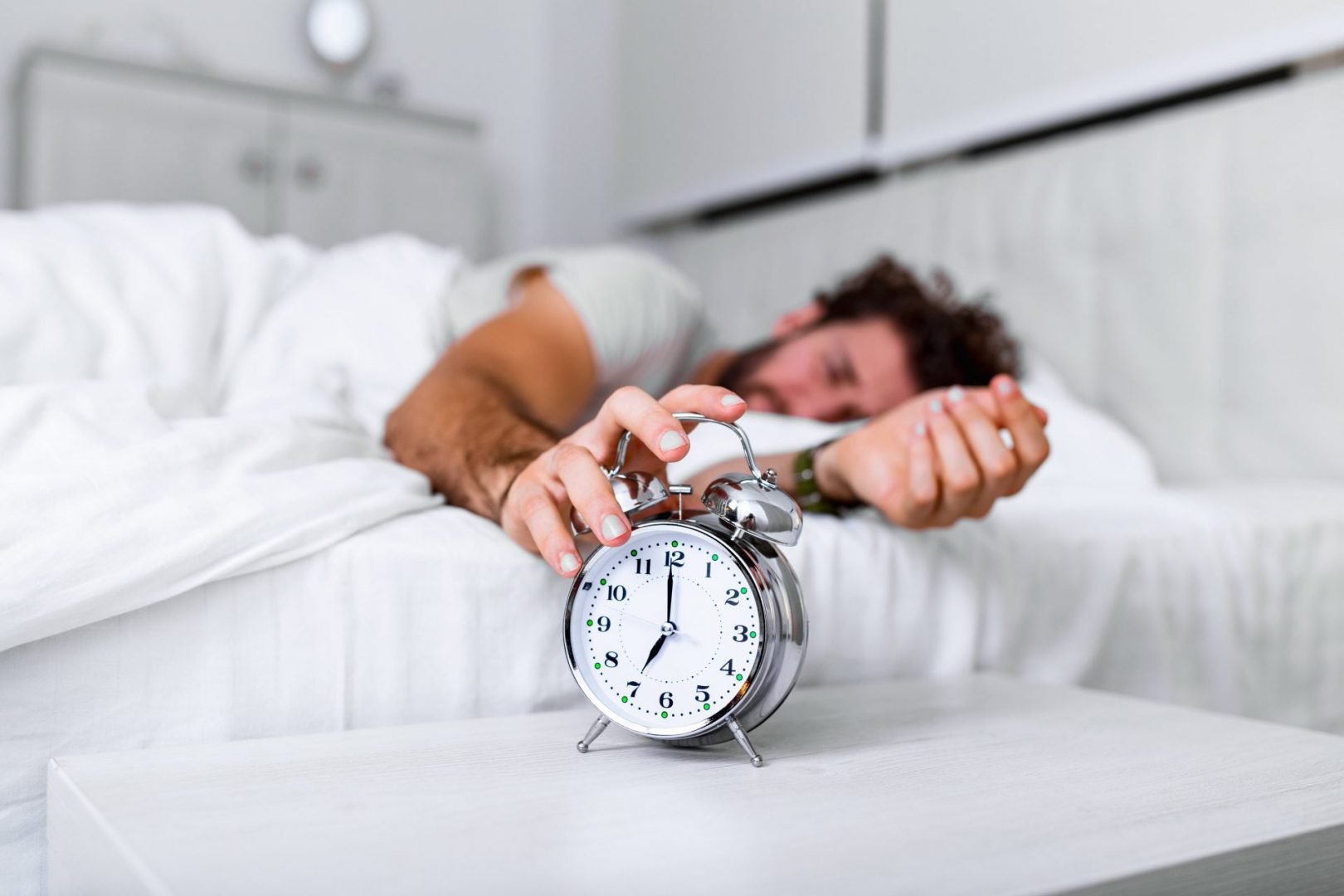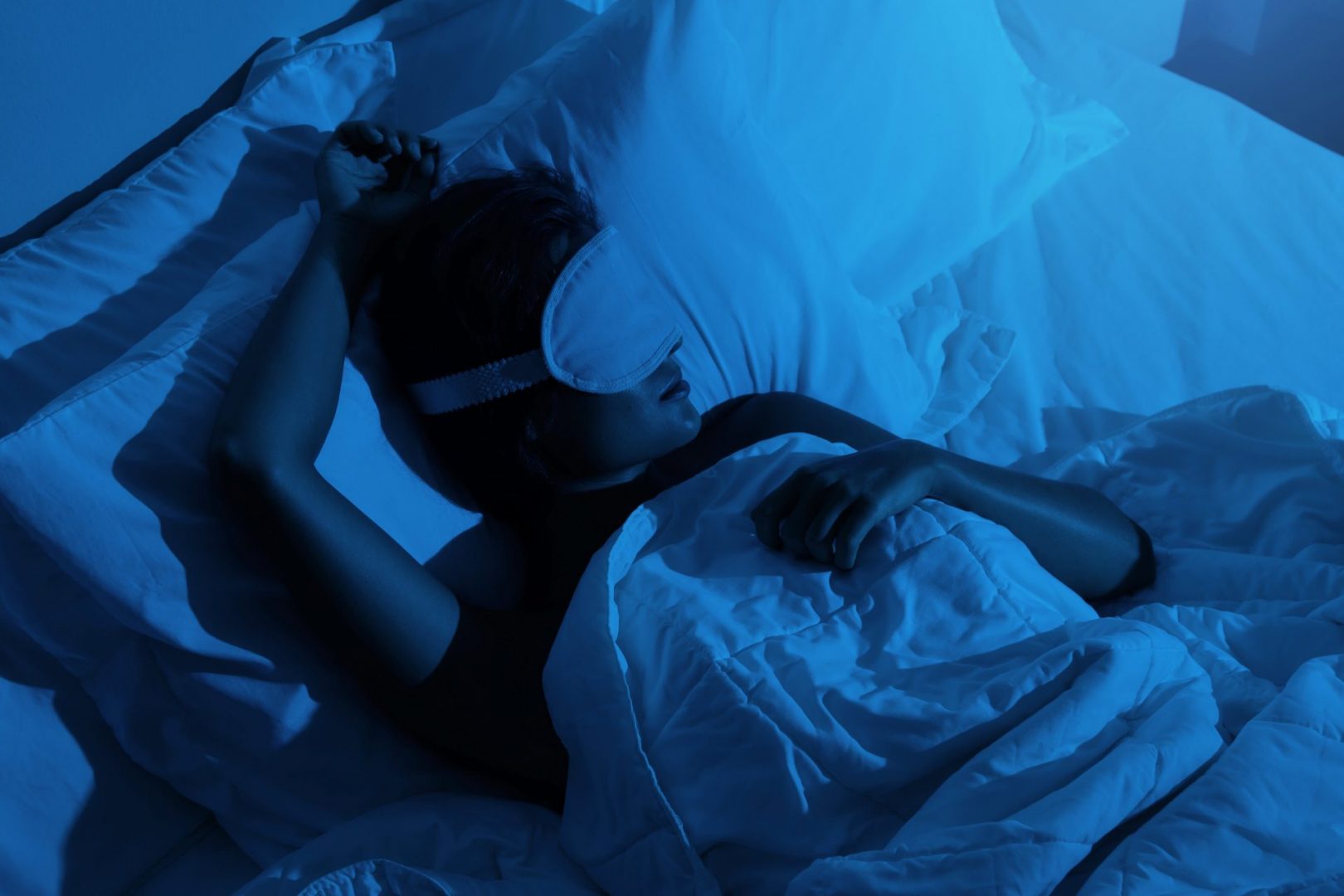Are you wondering how much sleep you really need? You’ve probably heard it before – a person needs 8 hours of sleep to function. Let’s find out if this is indeed what we need, or if we need to consider other factors in determining how much sleep you really need.
What is the ideal length of sleep?
Sorry to break it to you but there is no “one size fits all” answer to how many hours of sleep we really need. The amount of sleep you need depends on a variety of factors such as age, health, and lifestyle. However, the National Sleep Foundation generally recommends:
- 14-17 hours for newborns
- 12-15 hours for infants
- 11-14 hours for toddlers
- 10-13 hours for preschoolers
- 9-11 hours for school aged children
- 8-10 hours for teenagers
- 7-9 hours for young adults and adults
- 7-8 hours for older adults
Many teenagers find evening hours especially attractive to socialize, relax and they prefer to go to bed later. To still find the hours of sleep they need and to feel refreshed, they are likely to sleep in later in the morning. It is for this reason that many sleep scientists urge school systems to take sleep patterns into account when it comes to schooling as many teens are deprived of important hours of sleep because of the currently early school setup. Sleep deprivation not only leads to tired faces but has a negative impact on the mental performances from the teens in school.
If you are wondering whether you are getting enough sleep, we have some guide questions that may help you decide on the number of hours you need:
- Do you have trouble getting up in the morning? / Would you have slept past your alarm clock?
- Do you have trouble focusing during the day? / Can you function optimally without caffeine?
- Do you regularly doze off during the day?
You can assess your answers to these questions and ask yourself whether the hours you sleep at night are enough for you to be able to seamlessly go through the day.
What happens when you are sleep deprived?
Not getting enough sleep leads to sleep debt. Sleep debt is the difference between the amount of sleep we get and the amount we need. Incurring cumulative sleep debts have damaging effects for both the short and long term. This results in a wide range and dire consequences on our health.
It is crucial to point out here that sleep is not as easy to negotiate with as many of us may think or wish. Studies have shown that people who sleep five hours or less on weekdays, but extra long on weekends, still pay a significant cost. Among them, for example, is an increased weight gain due to: excessive caloric intake in the evening (the longer we stay awake, the more hormones are released that boost our hunger and appetite), reduced energy expenditure and changes in the body’s use of insulin; impaired cognitive and physical performance; increased sensitivity and irritability; and many more.
A study conducted by the AAA Foundation in Washington DC in 2016, quantified a driver’s risk of being involved in a car crash relative to their sleep deprivation. They found out that drowsy driving leads to significantly higher crash rates of up to 11.5 times when sleeping less than 4 hours compared to drivers who slept for at least 7 hours.
Therefore, we cannot stress further the importance of practicing sleep hygiene regularly and getting the daily amount of sleep you truly need. This is for your own good as well as the good of your fellow men, especially those that you will encounter. Also, it is important to consider that bedtime is not equal to sleep time. After all, we still need some time to fall asleep and occasionally wake up during the night. Thus, to get 8 hours of sleep, we need to provide ourselves with a sufficiently large time window, longer than 8h.
What happens when you oversleep?
By now, we all know that having too little sleep can lead to serious impairments. However, we cannot deduce that having more sleep is equal to better health or performance. It is best to remember that too much of anything can be bad. Hence, having neither too little, nor too much sleep is ideal.
Just like over-eating, over-drinking, or over-breathing, over-sleeping is likely to have drawbacks as well. If we look at it from an evolutionary perspective, having an extended period of sleep would be maladaptive. This is as excessive sleep would prevent us from being active, foraging, exploring and reproducing. All of which is crucial for out survival.
Over-sleeping is also often associated with physical or mental disorders such as sleep apnea, depression, or side effects of certain medications. Some clinical consequences that may be linked to over-sleeping include diabetes, obesity, back pain, depression, and heart disease among others.
So, while there is no golden rule to the number of hours of sleep you need, it is important to listen to your body and feel what the ideal number is for you. Just remember to find a balance between sleeping and wakefulness. Having neither too much, nor too little sleep is the sweet spot for you to have a happy, safe and productive day.
References:
Foundation for Traffic Safety. “Acute Sleep Deprivation and Crash Risk,” accessed at https://aaafoundation.org/wp-content/uploads/2017/12/AcuteSleepDeprivationCrashRisk.pdf
Walker, M. (2017). Why We Sleep. Unlocking the Power of Sleep and Dreams.
https://www.webmd.com/sleep-disorders/physical-side-effects-oversleeping





